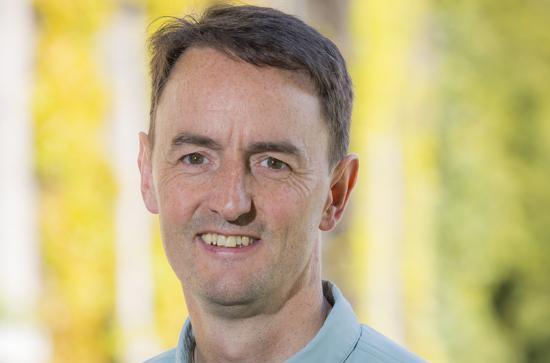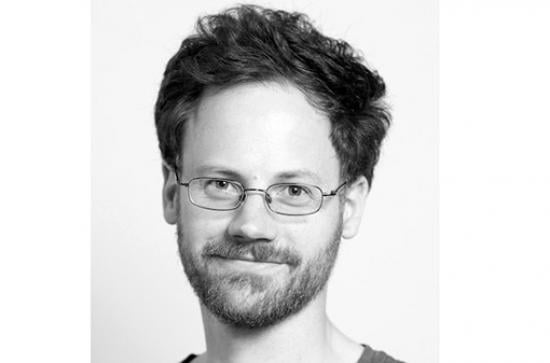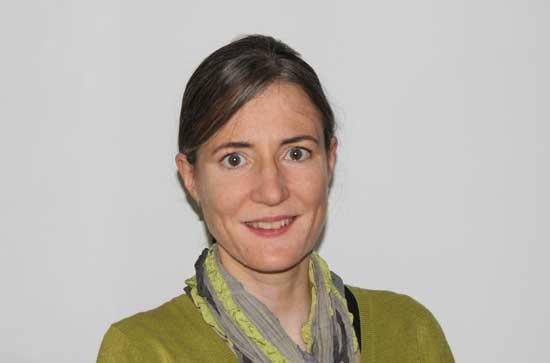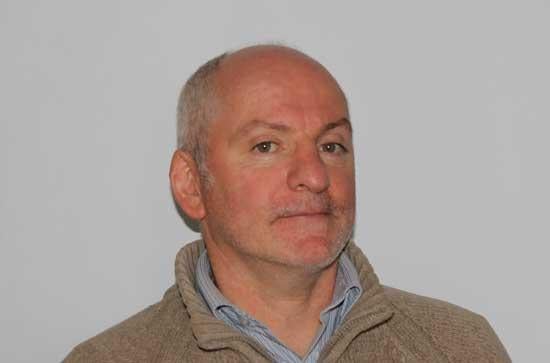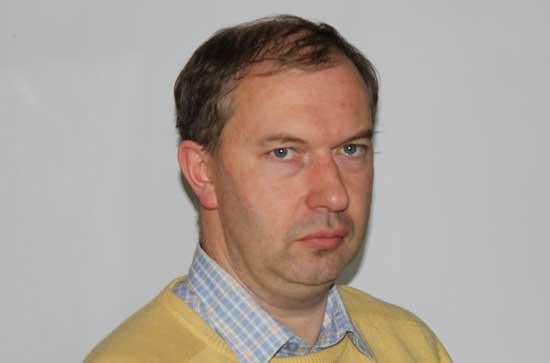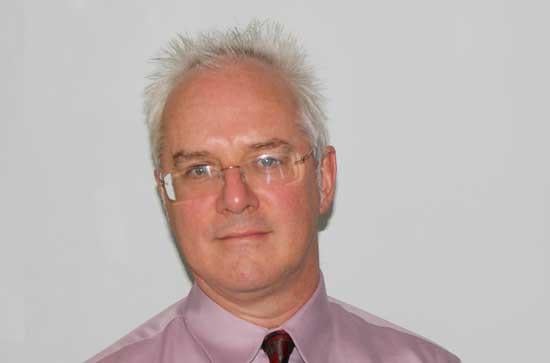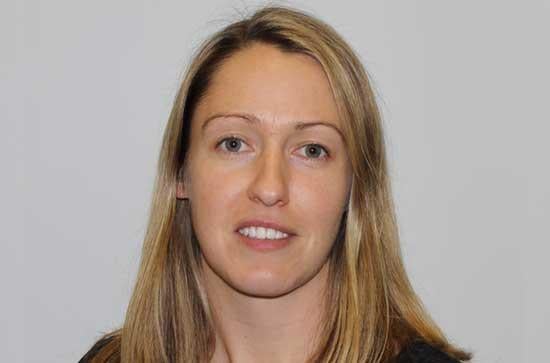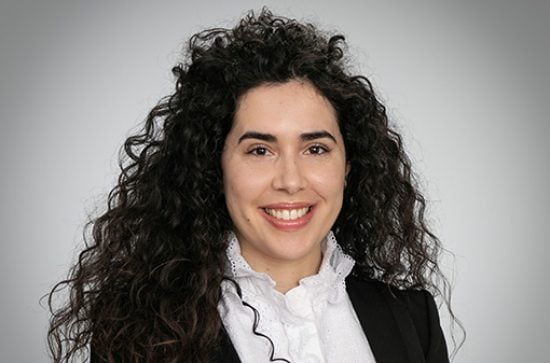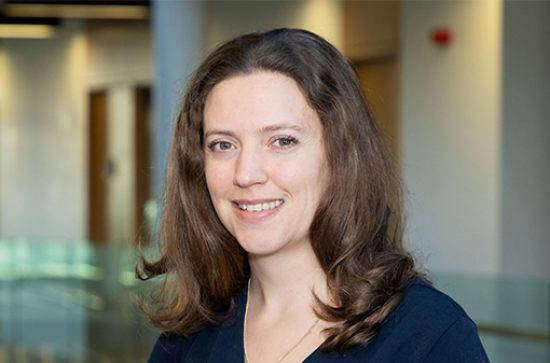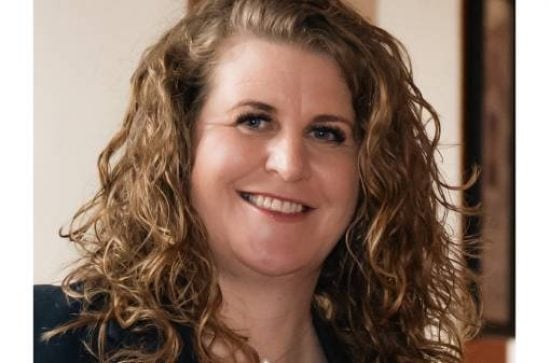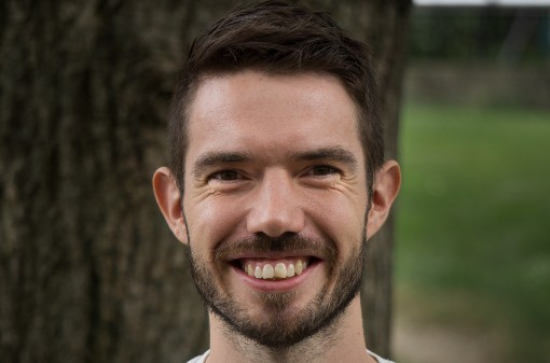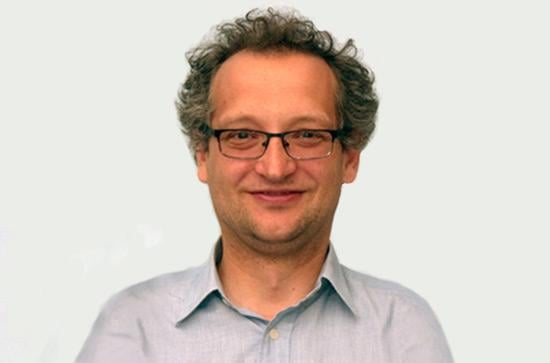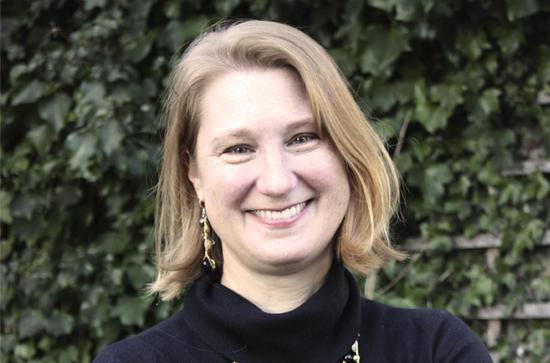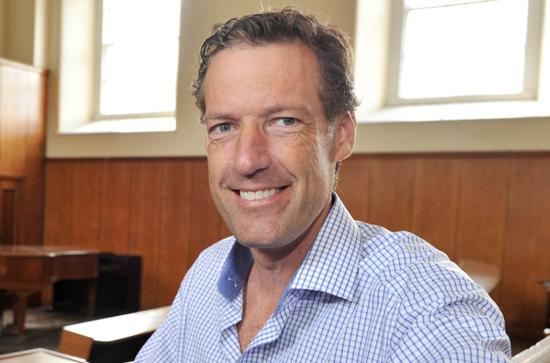Qualification : MASTER OF ARTS DEGREE
Award Type and NFQ level : TAUGHT MASTERS (9)
CAO/MU Apply code : MHN67
CAO Points :
Closing Date : 30 June 2025
This new MA in Geography: Spatial Justice responds to Irish President Michael D. Higgins call to attend to the serious contradictions and obstacles to a genuinely inclusive citizenship resulting from recent social and environmental crises. In this course, students will consider pressing global, European and Irish issues through the lens of spatial justice. In addition to learning how to understand, document and map forms of discrimination, violence and displacement at different scales, students will learn how citizens and groups challenge historical legacies and existing structural injustices, and seek more equitable alternatives. Students will gain insights into third spaces, grassroots movements, and forms of solidarity that may significantly lead to re-thinking current inhabitants rights to the city, shared resources, and the right to living in healthy places in Ireland. Through unique public engagement opportunities with civil society partners and cutting-edge research modules, students will gain training in ethical, collaborative and responsible research practices; fieldwork; and working with civil society, community-based, NGO, cultural and government partners. For the full time programme (MHN66), please go to https://www.maynoothuniversity.ie/geography/our-courses/ma-geography-spatial-justice.
Geographers have a particular set of perspectives on justice: we may speak of spatial, environmental and land and place justice. Maynooth University's Geography Department is internationally known for its research expertise about such concerns as related to: the Irish housing and homelessness crisis, the severity of direct provision in relation to Europes migration and refugee crisis, the HIV/AIDs epidemic, and other current health and environmental crises. Our staff are internationally recognised for their work related to: housing justice, economic and work justice, land justice, health justice, the right to the city, place-based memory work, social and ecological commons, ethical geographies, vital geographies, sexualities and genders, migration ,environmental justice, feminist methodologie and activist scholarship. Working with Maynooth Geographers are our public engagement partners, which have included the Pavee Roads Home research group, Maynooth Housing Justice Research Group, the Irish Housing Network, Right to Water, Dublin Bay North Choice and Equality Network, and the Movement of Asylum Seekers in Ireland. Our research-led and community-based teaching and learning approach in this course has been recognised nationally by the Irish University Association and will be featured soon in a Digital Badge Course through Campus Engage. The MA in Spatial Justice can be taken either full time (1 year, MHN66) or part time (2 years, MHN67).
This MA is flexible in delivery, innovative in emphasis, and stresses experiential- and field-based learning opportunities for students to develop ethical research skills and other employability competencies.
Students should normally have earned a 2.1 or above in geography, NFQ Level 8 or equivalent honours degree, (either subject degree in geography or overall) or related disciplines. A personal statement is required so the Director can give consideration to applicants with relevant academic, work or professional experience if coming from a different background than the social sciences and/or if earned a 2.2 mark.
Applicants must have a recognised primary degree (NFQ Level 8 or equivalent honours degree) which is considered equivalent to Irish university primary degree level.
Applicants for whom English is not their first language are required to demonstrate their proficiency in English in order to benefit fully from their course of study. For information about English language tests accepted and required scores, please see here. The requirements specified are applicable for both EU and international applicants.
Maynooth University's TOEFL code is 8850

Academic
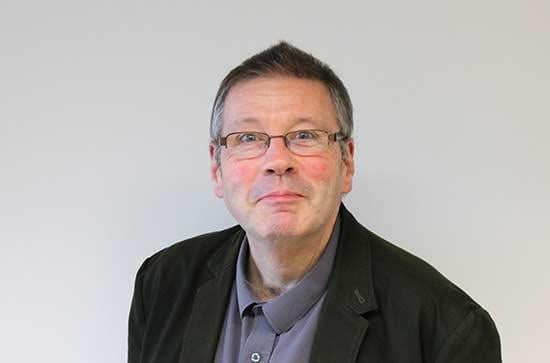
Academic
Department of National Centre for Geocomputation (NCG)
Department of Social Sciences Institute (MUSSI)
Department of Geography
Department of Hamilton Institute

Academic

Academic
Department of National Centre for Geocomputation (NCG)
Department of Social Sciences Institute (MUSSI)
Department of Geography
Department of Hamilton Institute
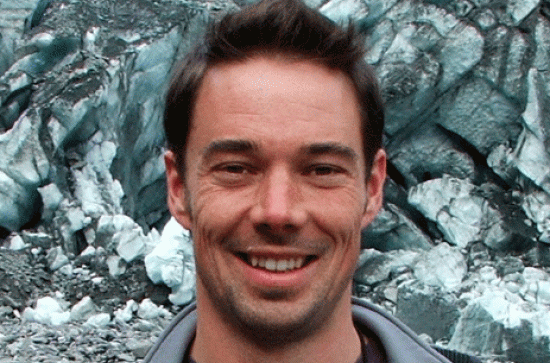
Academic
Department of Geography
Department of ICARUS
Department of Social Sciences Institute (MUSSI)
Department of National Centre for Geocomputation (NCG)
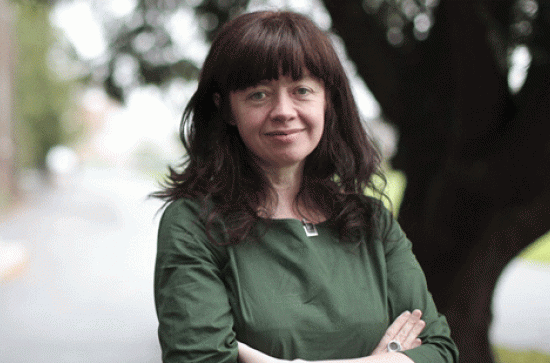
Academic
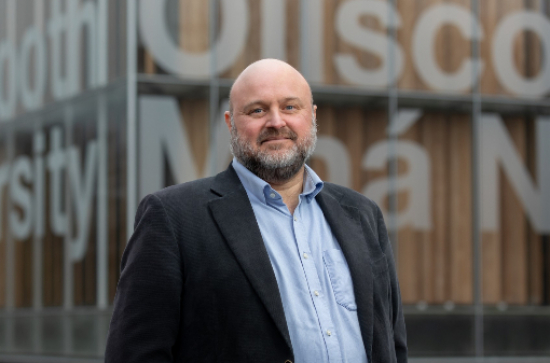
Academic
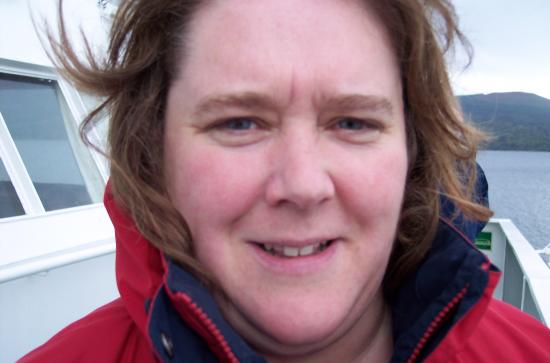
Academic
The MA Geography: Spatial Justice offers a wide-ranging programme of taught modules, delivered through lectures, seminars, fieldwork, practicals and civil society partnerships, with an emphasis on teaching and learning informed by participatory action research.
Degree structure: 90 credits, taken over 1 year full-time (MHN66) or 2 years part-time (MHN67).
Students must take 70 compulsory credits, which develop competencies in field methods, spatial thinking, and theory and applied research methods in spatial justice, and includes a 30-credit independent minor thesis focused on a topic of the students choosing as related to spatial justice. Depending on the students research focus, s/he will take an additional 20 optional credits, with at least 10 credits in geography and up to 10 credits of electives in anthropology, law, media studies and sociology. In geography, taught modules consist of ten, 2-hour seminars. All modules are 100% continuous assessment, with a range of assessment types (academic essays, field research journals, applied research projects, mapping projects, blogs, vlogs and videos, field-based reports, individual and group presentations, other). Please see the list of possible classes below and in course finder.
Compulsory modules (70 credits)
GY607 Field School (10 credits)
GY608 Thinking Geographically (10 credits)
GY609 Thesis (30 credits)
GY619 Public Engagement (10 credits)
GY629 Spatial Justice: Geographies of Social & Environmental Change (10 credits)
Indicative Optional Modules in Geography (can select from 10 to 20 credits):
GY621 Dublin Urban Laboratory (10 credits)
GY626 Critical Ecologies (10 credits)
Indicative optional modules from other departments (can select up to 10 credits)
AN622G Winter School of Ethnography (5 credits, instructor approval required)
AN647 Foundations of Medical Anthropology (5 credits)
AN692 Anthropology and Development (10 credits)
AN693 Anthropology of Digital Media (10 credits)
AN694 Immigration and Diversity in Higher Education (5 credits)
LW634 Gender, Sexuality, Law (10 credits)
MD624 Irish Media History (10 credits)
MD632 Media Publics (10 credits)
SO617 Quantitative Analysis (10 credits)
SO620A Qualitative Analysis (10 credits)
Online application only. To make an application please click here.
To apply for your chosen postgraduate study at Maynooth University, please ensure you have the following documents to make an application:
- Evidence of your primary degree
- Academic transcripts
- A copy of your passport
Applicants for whom English is not their first language are required to demonstrate their proficiency in English in order to benefit fully from their course of study. For information about English language tests accepted and required scores, please see here. The requirements specified are applicable for both EU and International applicants.


